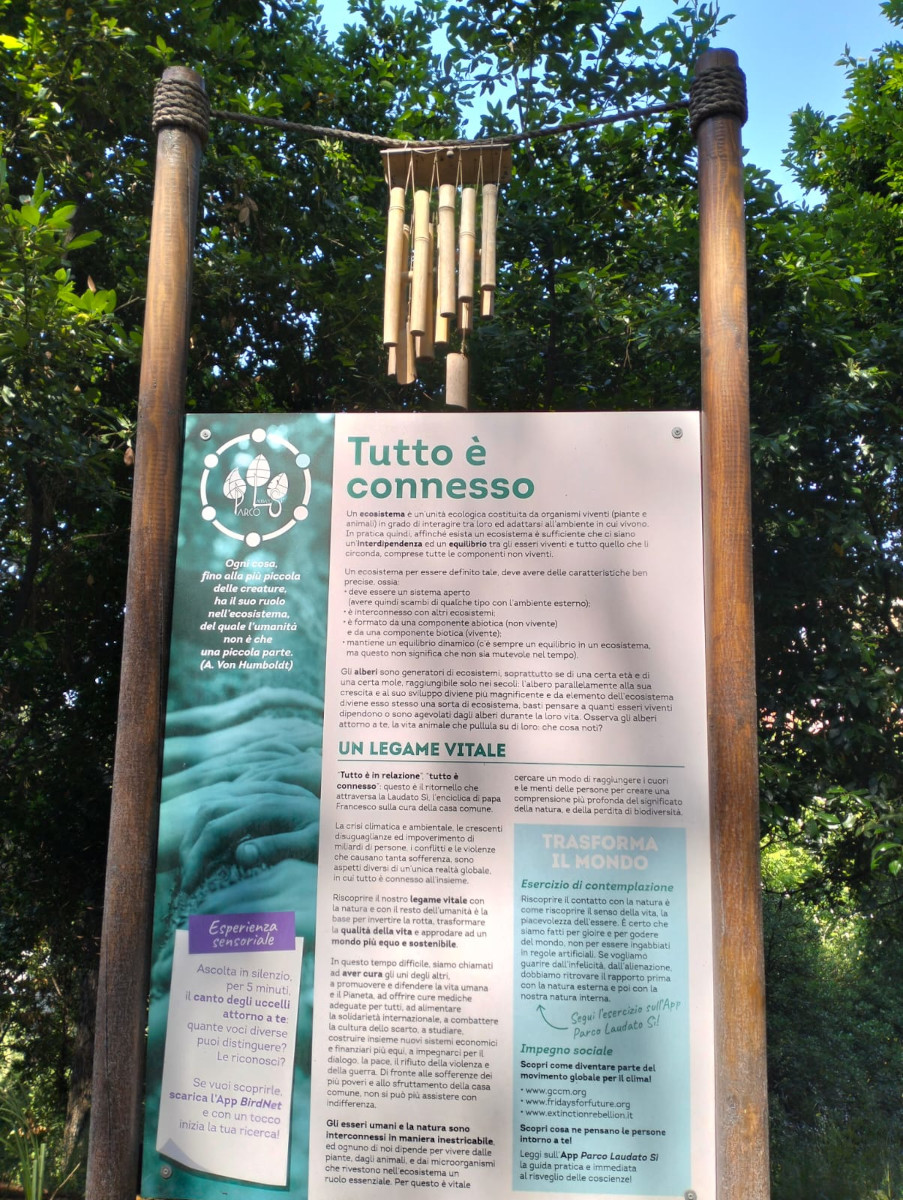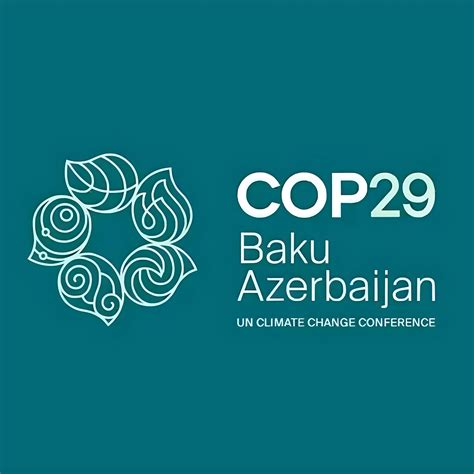The Case of the Parish of Santa Luzia de Piquiá – Açailândia/MA – Brazil – Joseph Mumbere MCCJ
Integral ecology as a socio-pastoral vision of resistance and struggle for human and natural rights
The impacts of the mining chain and agribusiness in the monoculture of eucalyptus and soya have created great concern in the communities of the Parish Santa Luzia de Piquiá Parish in the city of Açailândia, in the state of Maranhão for the quality of life of the people and the environment. The advance of deforestation, the pollution of air, water and soil and undiagnosed illnesses have encouraged the people and the Association “Justice on the Rails” to resist and struggle for human rights and the rights of nature. In this sense, the aim of this article was to identify and strengthen socio-pastoral strategies of resistance and struggle against the impacts of mining and agribusiness, based on the understanding and implementation of the Integral Ecology (2015) and the seven Laudato Sì Goals (OLS) of the Laudato Sì Platform of Actions (PALS) of the Vatican Dicastery for Promoting Integral Human Development (2020). To do this, a qualitative field study was carried out using a questionnaire with open-ended questions about the living conditions in the impacted communities, the Church’s mission and his socio-pastoral work in this context, the knowledge of Integral Ecology and the 7 OLS, with an emphasis on descriptive and explanatory analyses of the collected data. Firstly, the results showed that the chains of mining and agribusiness of the monoculture of eucalyptus and soya have had such a negative impact on the territory of Santa Luzia Parish that the consequences for the quality of life of people, communities and the environment are a revolting cry from the earth and the poor, to which a socio-pastoral response is urgently needed. Secondly, it was found that the Integral Ecology and the seven OLS, which are more or less practiced in the territory of St Lucy Parish in the work of the JnT Association’s lines of action, are tools for building a Laudato Sì Parish Plan (PPLS) as a socio-pastoral response of resistance and struggle for life and human and natural rights. The article concludes with a suggestion for the future development of a Laudato Sì Parish Plan for the Parish of Santa Luzia de Piquiá as a socio-pastoral vision of resistance and struggle for human rights and the rights of nature.
Dissertation – Lato Sensu Postgraduate Programme in the Social Dimension of Faith, Catholic University of Pernambuco, Açailândia, 2023.
Keywords: Mining; Agribusiness; Integral Ecology; Laudato Sì Objectives; Parish Plan.



